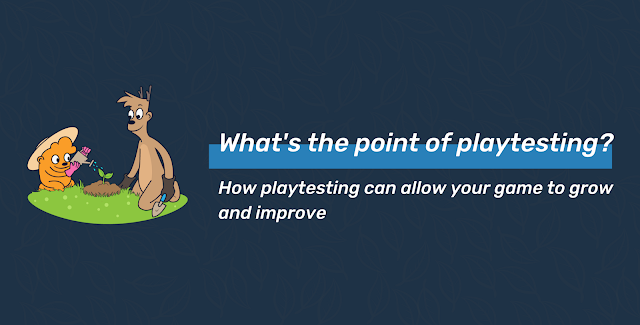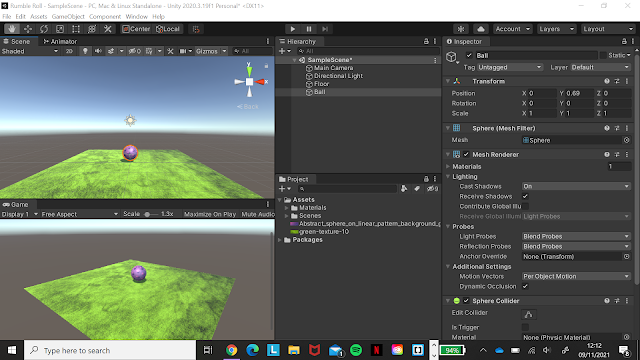Game Stories
Game Stories
The first article I read for this week was "What Every Game Developer Needs to Know About Story". by John Sutherland. He speaks on the misconceptions on how people view the story element when it comes to games. John Sutherland showed that a lot of people think that "Story is just dialog" and how stories aren't important. When I read this I laughed a bit... Without noticing many people don't realise you have a story for your game before you put the pen to paper.
When it comes to story in movies, they are primarily visual. Plays on the other hand are primarily auditory. Now where could we throw games into? Games are the tricky one. No player wants to sit there and listen to a lot of audio and little visuals as they will surely become bored. Stories in games would be closer to movies rather than plays. As the majority of the game is all about the visuals. But of course, they are not exactly the same.
A really good understanding of where the difference lies between movies and game is what John gave an example about which was more or less; imagine you were watching a scene in a movie where the character is being fired at with bullets and they're in hiding. Give that scene 3 minutes and it becomes boring to watch. Whereas if that was a video game, and you were that character you could be spending 20 minutes in that exact same position but your view on it would be completely different. The adrenaline would be pumping.
Choice 1 (Source)
The second paper I read was "Mass Effect 2: Case study in the design of game narrative" by Jim Bizzocchi and Joshua Tanenbaum. I this a very interesting piece, it discusses games in relation to interacting the player to the interface using narrative, for example; having a story line but stopping the game to let the player choose which way the story goes. I have played a few games like this myself and have watched videos of others players too and in my experience I think it fun as it puts you in the characters shoes and how they choose what to do is up to you. Now if we take what I just said there, how is this done exactly? The player is not driving the narrative from start to finish. It is in the constant state of "flow", you may be winning, or may be losing. This is all from a combination of challenge and performance.
Conflict is what makes a story. Our player is met with a series of challenges along the way and is given the choice on how they go about that situation. This repeats itself but in many different way through out a game. The most important thing is that the player has the choice. This is more important then the outcome as the player feels the most powerful and full of emotions when they have to make that choice of what do do to either win or lose.
Shadow of Mordor (Source)
The final piece I looked at was "Telling Stories with Systems" on YouTube by the Channel Game Maker's Toolkit. He discusses how interactive stories although exciting and personal are disappointing at times. If we realistically think about it, the makers of these sort of games have to make 2+ different scenes depending on what the player choices to do. So a lot of these cases you may experience that the outcome 1 and 2 can be fairly similar when you get to the end of the game.
Shadow of Mordor is a game that I have never heard of or played. Looking at clips of the game is interesting as even though it wouldn't be my cup of tea by the looks of it but the gameplay is what attracts me. The story isn't like your interactive movies but your choice still matters and the unique story line makes this game intriguing. We hear about using the "Nemesis System" in this particular game. It uses a unique system bosses/rivals that keep the player engaged with every enemy encounter.






Comments
Post a Comment